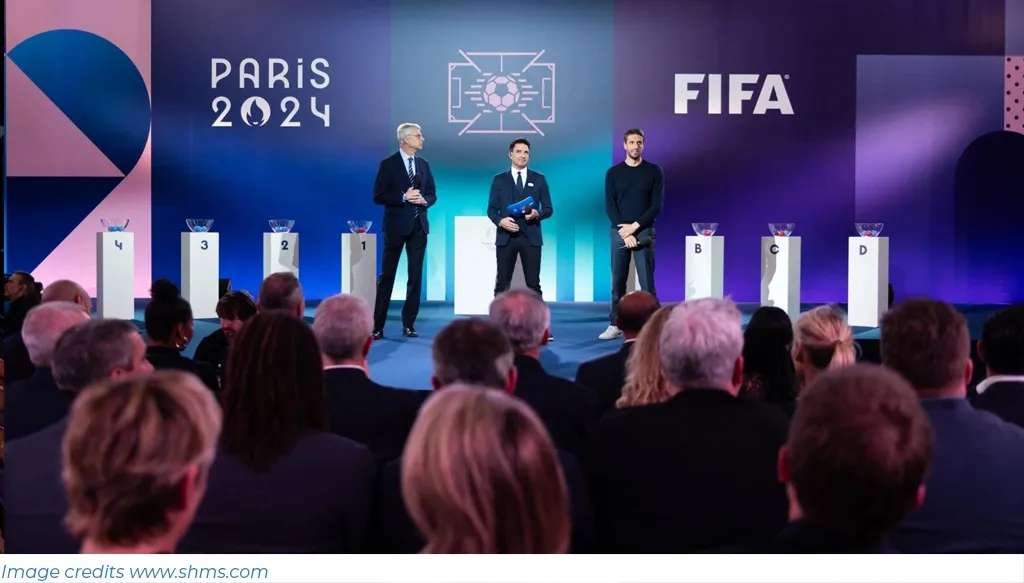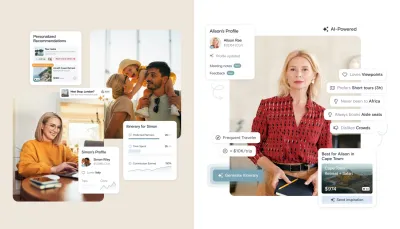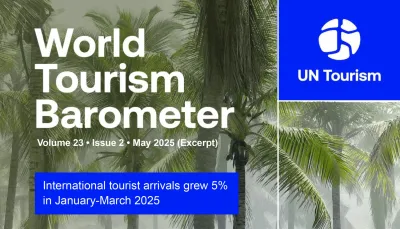Hotel performance
Dynamic pricing
Funflation
Occupancy rates
Demand forecasting
Revenue management
Festivals
Tech solutions
Guest experience
The Impact of Events on Hospitality and Hotel Bookings

Hotel performance
Dynamic pricing
Funflation
Occupancy rates
Demand forecasting
Revenue management
Festivals
Tech solutions
Guest experience
Events, from local festivals to international spectacles like the Olympics or Eurovision, significantly influence the hospitality sector. These gatherings typically lead to increased hotel bookings, creating a spike in demand that directly impacts pricing strategies.
How Events Drive Hotel Performance
Whether planned or spontaneous, events can drastically alter hotel performance. Concerts, sporting events, or even natural phenomena like a solar eclipse can trigger a surge in accommodation needs. Hotels near event venues often experience the most significant boost in bookings, while those aware of upcoming events can adjust operations accordingly to handle increased guest volumes efficiently.
By analyzing past event trends, hoteliers can forecast demand, allowing them to optimize room availability and pricing. Strategic planning ensures that hotels can accommodate the influx of visitors and maximize occupancy during these high-demand periods.
Maximizing Profits from Event-Driven Demand
To fully capitalize on events, hotels must go beyond simply offering rooms. Understanding how different types of gatherings, such as festivals or business conferences, impact demand allows for more targeted pricing strategies. Historical data analysis, particularly of occupancy rates during similar events, enables hoteliers to make informed decisions about staffing, resources, and rates.
Data-driven strategies are essential for anticipating demand and adjusting pricing to maximize profits during peak times. Hotels can fine-tune their operations and offerings to ensure they meet the needs of event attendees while optimizing revenue.
Funflation and Dynamic Pricing
"Funflation," or the increase in hotel rates during event-driven periods, plays a crucial role in revenue management. Dynamic pricing, where room rates fluctuate based on real-time demand, event duration, and venue proximity, helps hotels optimize earnings without overpricing and alienating guests. Balancing price adjustments with customer expectations ensures that hotels can maximize revenue while maintaining customer satisfaction.
Measuring Event Impact on Hotel Bookings
Assessing the effect of events on hotel performance is vital for hoteliers seeking to refine their strategies. Booking data analysis, social media monitoring, and guest feedback are valuable tools for measuring the direct impact of events on occupancy and revenue. Comparing booking trends during event periods against non-event times offers insights into how specific events influence hotel performance.
Ranking events based on their economic significance helps hotels allocate resources effectively. Larger events often justify more significant investments in staffing and marketing, while smaller gatherings may require less attention. Understanding the preferences of different customer segments also allows hotels to tailor services to meet the needs of various guest groups.
Aligning Marketing Efforts
Festivals are a major driver of tourism and hotel bookings. Hotels that align their marketing efforts with festivals can increase occupancy and revenue. Offering festival-related packages that include exclusive perks, such as VIP access or curated local experiences, further enhances the guest experience and encourages extended stays.
On the other hand corporate meetings, conferences, and retreats provide valuable opportunities for hotels. By upgrading facilities and partnering with event planners, hotels can cater to the specific needs of corporate clients, securing repeat business.
Tech Solutions for Event Optimization
To navigate fluctuating demand during events, many hotels are turning to technology. Startups are developing tools that use real-time data to help hotels manage inventory, adjust pricing dynamically, and fine-tune marketing efforts. These tech solutions allow hoteliers to respond to changing conditions quickly and optimize their performance during event-driven periods.
Optimizing Event-Driven Revenue
Events are a cornerstone of the hospitality industry, influencing bookings, pricing, and overall hotel strategy. By staying informed and strategically aligning services with the needs of event attendees, hotels can enhance revenue and ensure long-term success. With the rise of innovative tech solutions, hotels can better manage demand surges and capitalize on the opportunities that events present, driving both occupancy and profitability.



